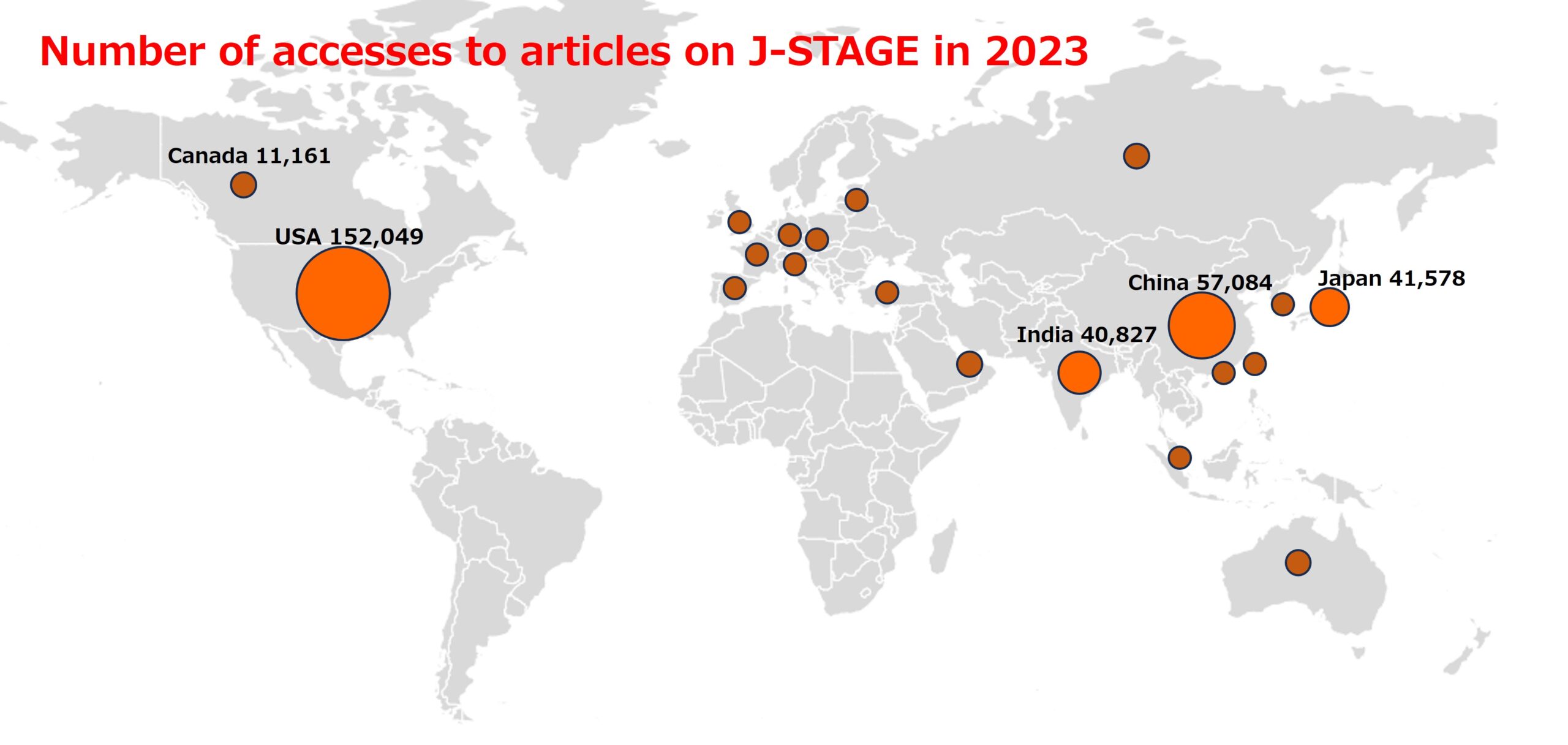Aims and Scope
Annals of Thoracic and Cardiovascular Surgery is an international, peer-reviewed, open access journal that publishes significant and novel contributions in thoracic surgery. The journal, which is supported by the Japanese Association for Coronary Artery Surgery, aims to facilitate the communication and progress of thoracic surgery worldwide.
Welcome Essay from the Editor in Chief
Annals of Thoracic and Cardiovascular Surgery was first published in 1995 and is now in its 28th year of publication.
This journal is collated into issues six times a year and covers the fields of cardiovascular, respiratory, and esophageal surgery.
The journal welcomes submissions from around the world.
Featured ArticlesView more articles >
Original ArticleAugust 3, 2023
Impact of Impella Support on Clinical Outcomes in Patients with Postcardiotomy Cardiogenic Shock
Purpose: This study aimed to elucidate the strategy of an effective Impella support for better clinical outcomes in patients with a postcardiotomy cardiogenic shock (PCCS).
Original ArticleDecember 16, 2023
Purpose: Tegafur–uracil (UFT) is the standard postoperative adjuvant therapy for stage IB lung adenocarcinoma (LUAD) in Japan. This study aimed to determine whether UFT is effective in stage IB LUAD with and without epidermal growth factor receptor (EGFR) mutations.
Original ArticleApril 25, 2023
Purpose: Segmentectomy and mediastinal lymph node dissection (MLND) are becoming standard procedures for small-sized (<2 cm) peripheral non-small cell lung cancer (NSCLC). Although the benefits of the less resected lung are proven, the extent of lymph node dissection remains unchanged.
Original ArticleAugust 20, 2023
Sex Differences in the Outcomes of Degenerative Mitral Valve Repair
Purpose: This study explored the sex differences in the outcomes of degenerative mitral valve repair (MVr). Methods: From 2010 to 2019, 1069 patients who underwent MVr due to degenerative mitral disease at Beijing Anzhen Hospital were analyzed. The average patient follow-up was 5.1 years (interquartile range: 5–7 years). The primary endpoint was overall survival. Secondary endpoints were freedom from reoperation and recurrent mitral regurgitation. A propensity-matched analysis was used to compare the outcomes of males and females.
About the Society
This journal is an associate journal of the Japanese Association for Coronary Artery Surgery.
The Japanese Society of Coronary Artery Surgery was established in 1996 and has a history of more than 20 years. It currently has about 800 members, making it one of the few societies in the world that specialize in coronary artery surgery.
This society contributes to the sustainable development of thoracic surgery by providing a platform for researchers in coronary surgery to disseminate their research results.
Contact details
Editorial Office
Annals of Thoracic and Cardiovascular Surgery
Email: atcs-edit[at]je.bunken.co.jp (Please replace [at] with @)


